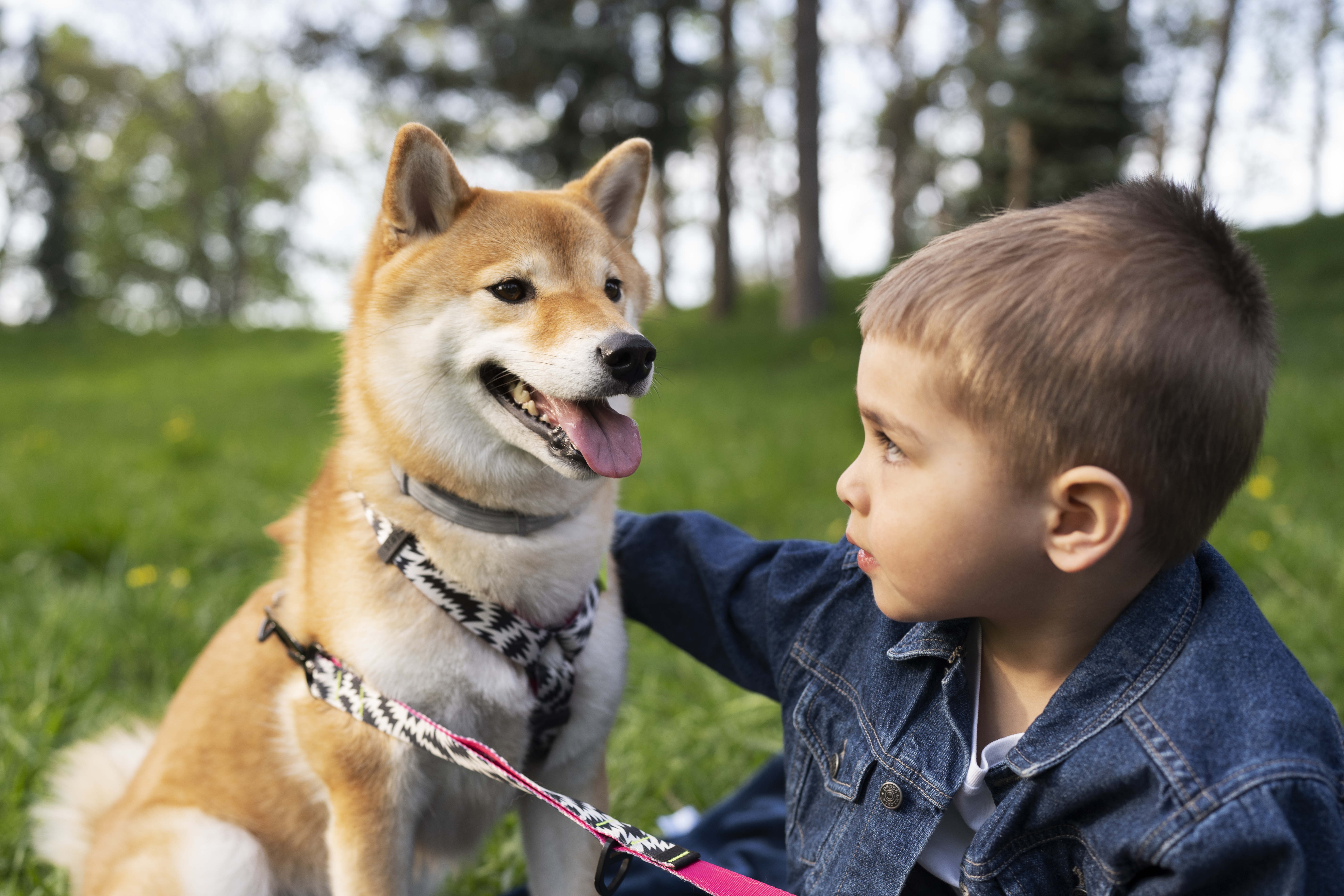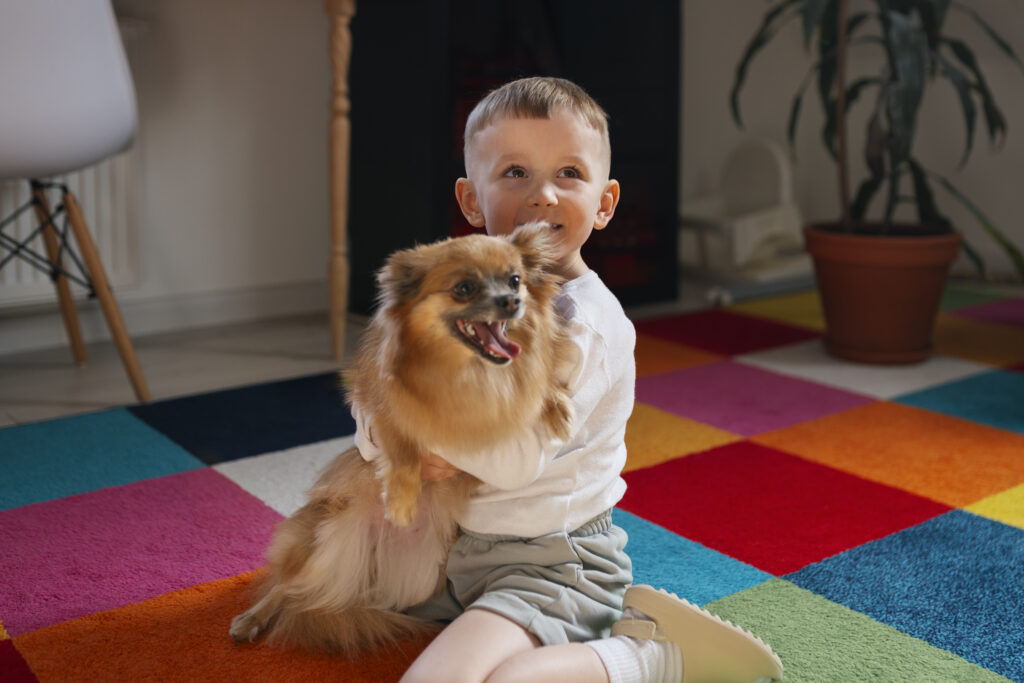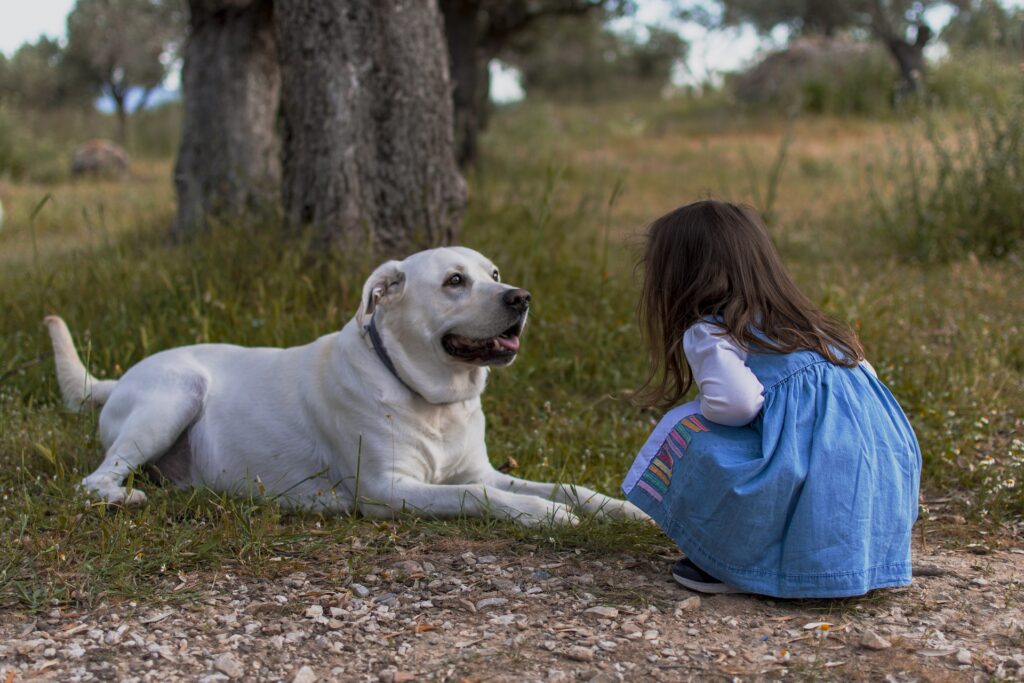
Pets are undeniably cute, cuddly, and mostly adorable. However, they’ve sometimes been unfairly labeled as carriers of diseases and infections. Among the most common pets are dogs, who have often been seen as unclean or unhygienic. But there’s more to this story, especially when it comes to the benefits pets can offer to your family.
Dogs are beloved pets for many reasons: their loyal nature, their protective instincts, and, of course, their boundless affection. But did you know that dogs aren’t just great companions—they can also boost your health? A recent study has shown that dogs can be particularly beneficial for toddlers, helping to strengthen their immune systems and protect them from allergies and obesity as they grow older.
A team from the University of Alberta recently conducted a study involving babies aged 3-4 months, living in families with pets. Interestingly, 70% of the participating families had dogs, while the others had various furry pets, including cats. Some families even had a mix of dogs and cats, or smaller furry animals.

The babies in the study had mothers who signed up for the Canadian Healthy Infant Longitudinal Development study. Researchers collected the babies’ fecal matter after 3 to 4 months and analyzed it for beneficial microorganisms. A total of 746 babies were included, and the mothers reported whether their families had pets and if their babies were exposed to them.
Previous research has shown that early exposure to pets can be beneficial for infants and children, reducing their chances of developing asthma and decreasing the frequency of colds and sniffles. This study found that babies exposed to pets had a significantly higher count of gut bacteria known to reduce allergic reactions and prevent obesity.
Dr. Anita Kozyrskyj, who led the research team, explained that there’s a narrow window during which a young child’s gut can be influenced. Exposure to pets during this time can significantly change their gut bacteria composition. This means that having pets around in the first few months of life can shape a baby’s gut bacteria in beneficial ways.
Specifically, two significant bacteria were found in the guts of babies exposed to pets: Ruminococcus and Oscillospira. These bacteria are known to reduce childhood allergies and obesity, respectively. The study found that children living with pets had higher levels of these beneficial bacteria compared to those with little or no exposure to pets.

Researchers are still investigating how these bacteria are transferred to babies. It could be through direct contact with pet fur and saliva or via an adult caregiver’s hands. Interestingly, the study also found that babies could be exposed to pet bacteria even while their mothers were pregnant.
The study also discovered that factors like Caesarean births, the administration of antibiotics to the mother, and the absence of breastfeeding did not reduce the chances of bacteria transfer to the baby. These conditions, known to lower infant immunity, didn’t seem to impact the positive effects of pet exposure.
Beyond reducing allergies and obesity, pet bacteria can also protect babies from infections like pneumonia during birth, especially if the mother has bacteria known as vaginal GBS in her birthing canal.
These findings offer a fresh perspective on keeping pets, especially dogs, in the home. There’s now scientific evidence to show that having a pet can actually be beneficial for babies, rather than detrimental. It also suggests that parents shouldn’t go overboard in shielding their children from nature’s elements, such as dirt and animals, as exposure can be beneficial in the long run.
Gentle Reminder: The information in this article is not meant to replace professional healthcare advice. Please consult a qualified healthcare professional for any medical concerns.
Featured Image by freepik





Leave a Reply